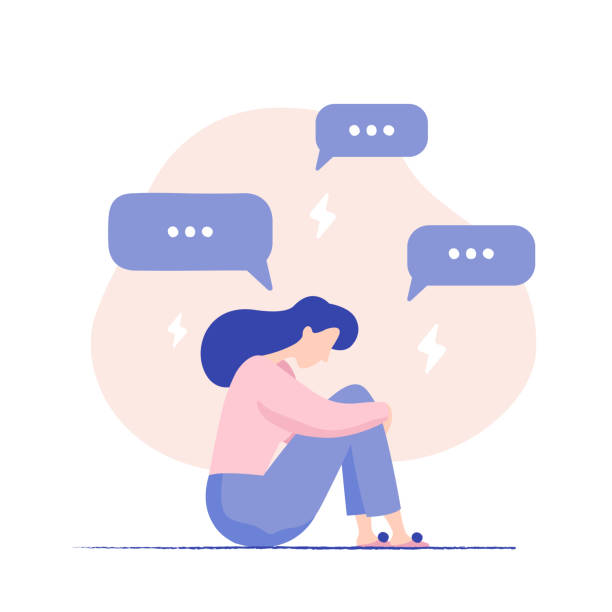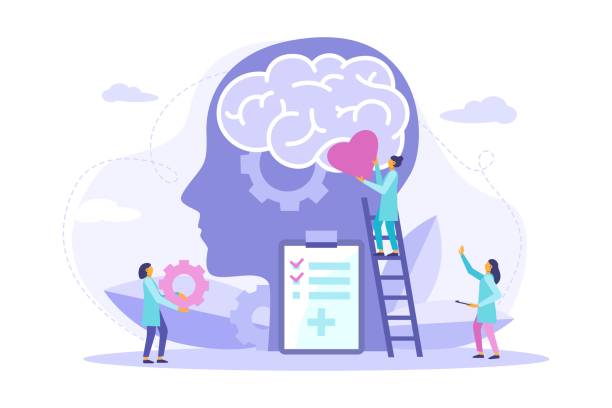Mental health is basically a word for your emotional, psychological and social well-being. Having good mental health helps you live a happy and healthy life with more positivity. It helps you develop resilience and face obstacles more easily. It also helps to determine how we handle stress, relate to others, and make healthy choices. Mental health describes a person's emotional and psychological well-being. Good mental health is characterized by a person’s ability to:
Mental health is basically a word for your emotional and psychological well-being. Having good mental health helps you live a happy and healthy life with more positivity. It helps you develop resilience and face obstacles more easily.


Mental illnesses are conditions that have an effect on a person's thoughts, feelings, mood, or behavior. Some examples of mental illnesses include depression, anxiety, and schizophrenia. Such conditions may be occasional or long-lasting while others impact day-to-day life. Mental illnesses have a variety of causes and can affect each person differently.
Mental health issues are very common in the United States and are also a growing problem worldwide.
Mental illnesses are conditions that have an effect on a person’s thinking, feeling, mood or behavior. Some examples of mental illnesses include depression, anxiety, and schizophrenia. Such conditions may be occasional or long-lasting and affect someone’s ability to relate to others and function each day. Additionally, mental health illnesses can also affect your ability to get through day-to-day life. They are usually a result of poor daily habits.
Mental health issues are very common in the United States and they are also a growing problem worldwide. Here are some general statistics about mental health:
Sources: cdc.gov and mentalillness.org


It can be difficult to identify symptoms of a mental illness. While this is not an official diagnosis, these are warning signs that you should look out for: When it comes to your emotions, it can be hard to know what is normal and what is not. There are warning signs that you may have a mental health problem, including
If you think you have mental health issues, you are at the right place. PaciFy has a variety of ways you can improve your overall mental health.
If you are in immediate danger, call a number below:
If you are struggling with your mental health, reach out to a loved one, a counselor, or a doctor. Remember, you are not alone.
The first step in getting help is making an appointment with your general practitioner. They can recommend doctors in your area. If you’re religious, ask your religious leader if they have counselors to recommend. For some people, faith-based counselling has a better effect, which incorporates their religion into a treatment plan. Some people also benefit from support groups, lifestyle changes and even natural remedies.
Getting help means getting the right treatment for you. If you’re experiencing symptoms related to mild to moderate mental health issues, you may benefit from therapy with a trusted, qualified therapist. Many experts will try therapy prior to trying medication. However, if your illness is more severe, many will try a combination of therapy and medication.

UNICEF has a whole initiative from where you can get guidance about managing mental health for children from 0-18, with special focus on teenagers. You can learn more about that on the link below:
Other verified resources to get access to accurate information about your mental health treatment, find verified therapists, support groups, get information on lifestyle changes etc. are: